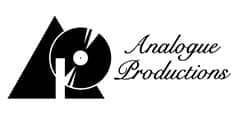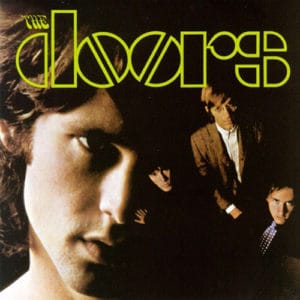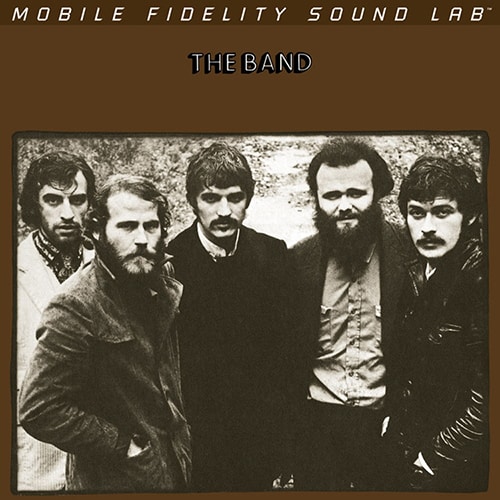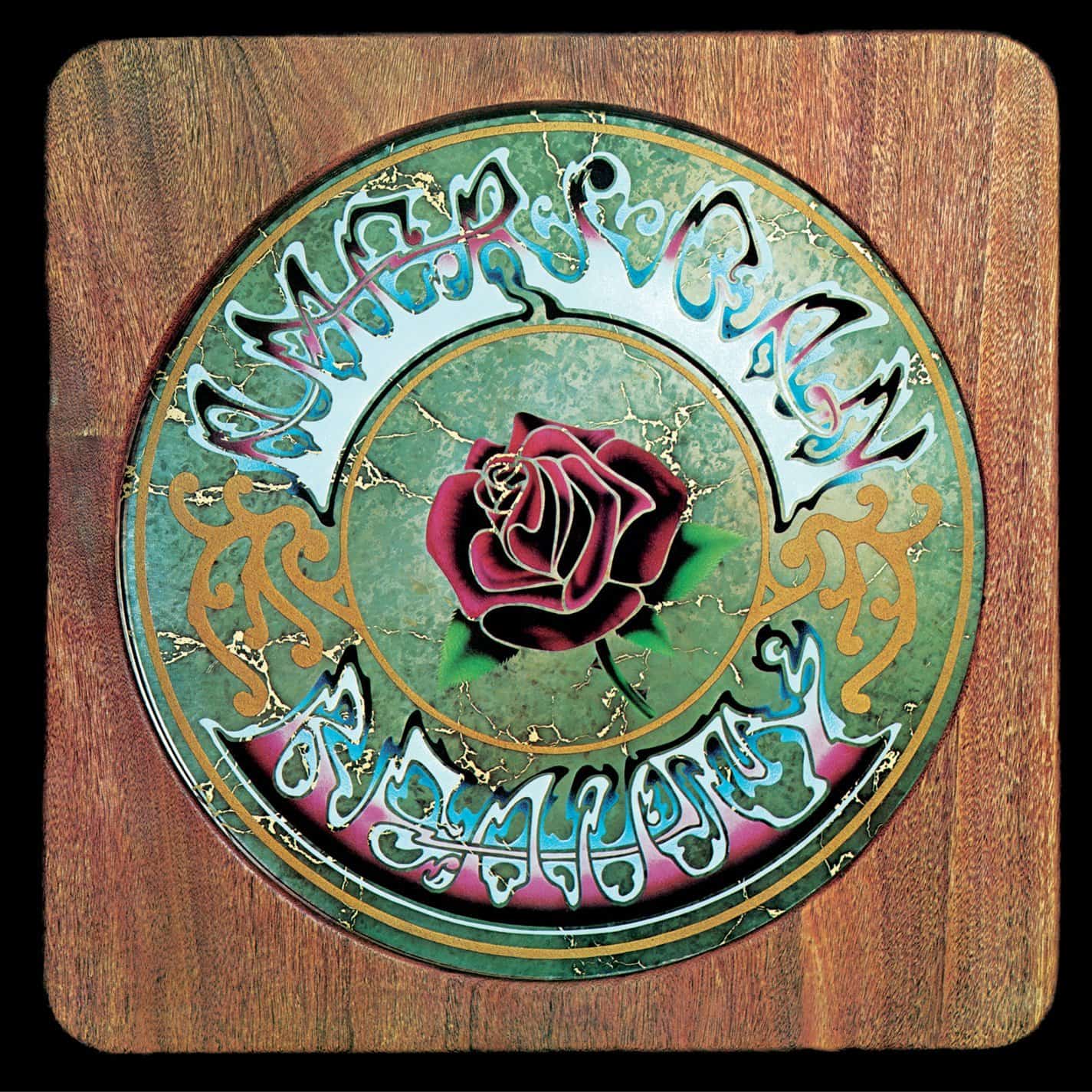Marketplace
2012 Analogue Productions PRESSING
- RPM 45
- Audio Stereo
- Catalog Number APP-74007-45
- Release Year 2012
- Vinyl Mastering Engineer Doug Sax
- Pressing Weight 200g
- # of Disks 2
- Jacket Style Gatefold
- 100% Analog Mastering Yes
- 45 RPM Yes
- Pressing Plant QRP
- Original Release Year 1967
- Original Label Elektra
- Original Catalog Number EKS-74007
Elektra Records released The Doors in January 1967, after which the album’s hit single, “Light My Fire,” spent three weeks in the top spot, ensuring the band would be a part of the Summer of Love. In a year marked by astonishing rock recordings, The Doors stands with the best, and its darker tones put it in sharp contrast to the period’s other, more upbeat releases. Only the Rolling Stones’ Their Satanic Majesties Request, released at the end of 1967, carries the same dark psychedelic aura—and it’s not as strong an album as The Doors.
While the Doors released other very good records, especially Morrison Hotel (1970) and L.A. Woman (1971), their debut remains their peak moment. Even the group’s interpretation of the Bertolt Brecht/Kurt Weil tune “Alabama Song (Whisky Bar)” fits in snugly with the album’s decadent undercurrents without veering into pretentiousness.
Doug Sax mastered the original release of The Doors, and mastered it again in 2012 for Analogue Productions, cutting it at 45RPM for the label’s 2LP pressing. The recording was originally done on tube gear, and, as it so happens, the tape transfers and cutting for the reissue were also performed on tube machines. The album has always sounded good, even on a spate of various reissues, but original pressings usually possesses more sparkle and resolution.
However, as good as the original LP sounds, Analogue Productions’ 45RPM edition betters it, and not by a little. John Densmore’s cymbals on the bossa-nova opening to “Break on Through (to the Other Side)” sizzle and sustain all the while Ray Manzarek’s keyboards feature a more satisfying bite. When Robby Krieger hits a sliding note to bring in the guitar, it soundly echoes in the right channel. Jim Morrison’s voice comes in the room with you in a way it isn’t in the earlier pressing. View it as the difference between standing in the door of the recording studio and being asked to come into the midst of the musicians.
By extension, Manzarek’s organ lines on “Soul Kitchen” have more fullness and body on the newer pressing, and Larry Knechtel’s bass lines decisively reach out from the speakers. Morrison’s growl on the chorus feels palpable, and Krieger’s guitar solo more cutting. Also, the reverb on Morrison’s voice on the opening of “Crystal Ship” is more pronounced, and Densmore’s drums clearly in support of him in the left channel. Manzarek’s organ, somewhat reserved in the original pressing, sings out, and the notes on his piano solo hang in the air longer, making a more impressive statement.
As for the famous tuba on “Alabama Song”? It claims a rounder tone on the new pressing, and the notes of the accompanying marxophone sparkle. Densmore’s snare drum and Kreiger’s chord strikes, too, resonate with extra authority. Kreiger’s arpeggios on “Light my Fire” also have more-note-for-note spark, and the reverb on Manzarek’s organ sounds more audible, giving it a larger presence. Krieger’s lines on the bridge during the opening of “The End” hang in the air, and the percussive cymbal rolls and high-hat strikes carry more transient energy. Morrison’s voice feels more menacing, as well, and overall, the song takes on a cinematic scope.
The vinyl pressing, by Quality Records Pressings, is flat, dead quiet, and jet black. The tipped-on gatefold cover art looks great, with the cover itself comprised of hefty cardboard—in contrast to the lightweight cardboard used for the packaging on the original release. Yes, the black-and-white photo on the inside of the gatefold could have been more sharply reproduced, but otherwise, everything is first rate.
The Doors remains essential, a key document of the late 60s that both captures its time and transcends it. The record also lingers as an audiophile treat, now more than ever, and has existed as such since its release more than five decades ago.
The Doors


 5
5


